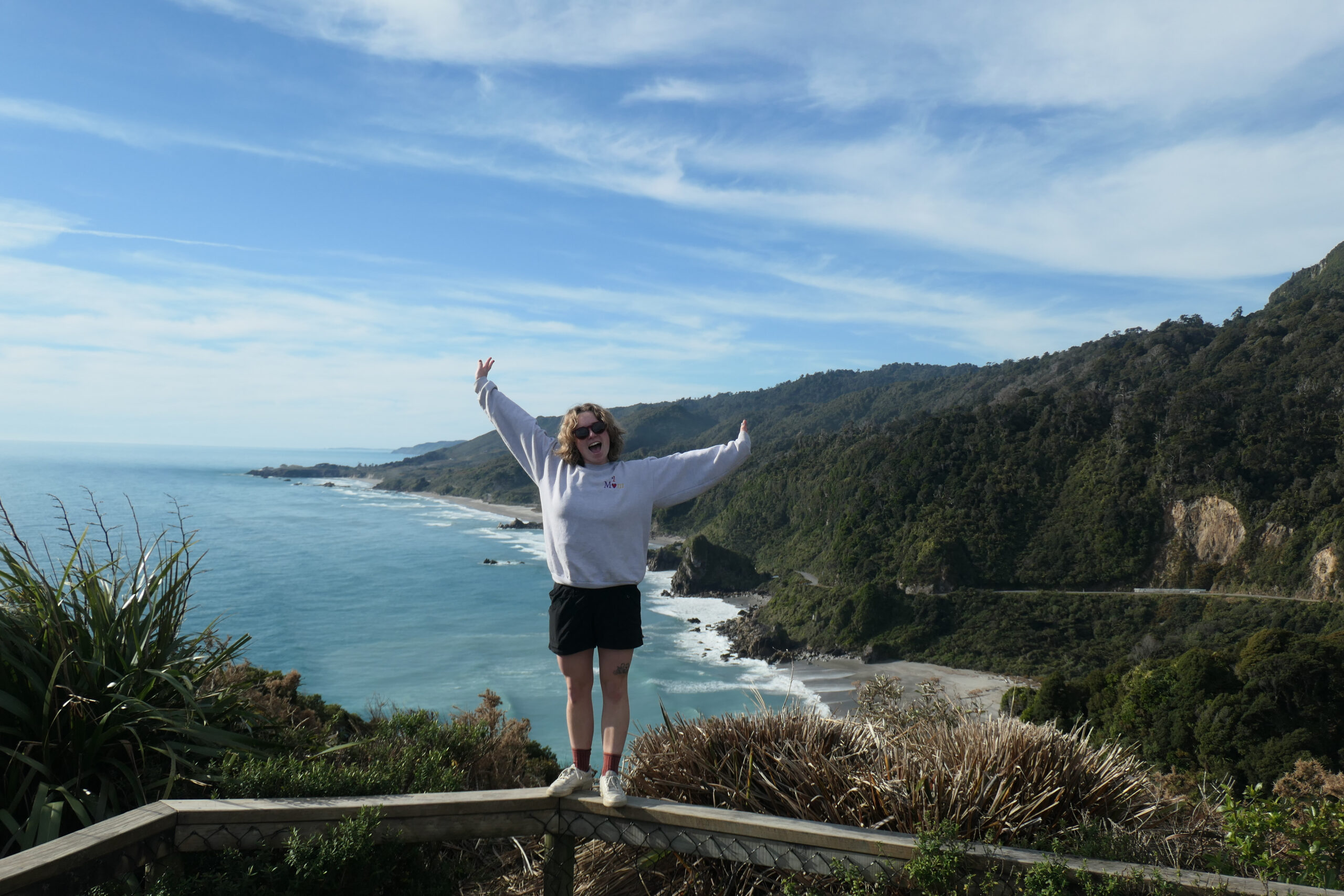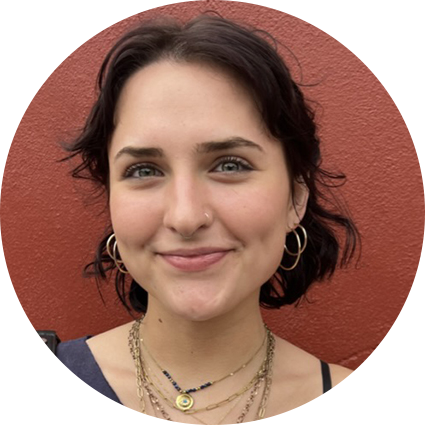Exercising Trust While Abroad



Moving away from your family, friends, home country, and familiarity for a semester abroad is an inherently nerve-wracking experience. When I left my life in the United States and embarked on a semester abroad at the University of Otago in New Zealand, I experienced a wide range of emotions. I was simultaneously incredibly excited for what would come and afraid of all the unknowns. But ultimately, I had no choice but to embrace discomfort and trust the process. As my time in this incredible country comes to a close and I reflect on my experience here, a recurring theme I keep returning to is that of trust. I have spent an unforgettable five months in New Zealand, and I can attribute so many of my favorite memories to exercises of trust. Trust in myself, my intuition, others, my body, and overall trust that things will work out alright, even when everything seems to be going wrong. Much of your experience abroad is about taking risks, and doing so becomes a whole lot easier when you exercise a little bit of trust.
Though my experience abroad was unique to New Zealand, the insights I acquired can apply to any study abroad experience. No matter how much you research, plan, or prepare, there is no way to anticipate or predict how your semester abroad will go. As I got ready to leave for New Zealand, I expected to spend a lot of time outdoors, hiking, and making new friends. I did not expect to live in a flat of international students that felt more like a family, to go on a backpacking trip with complete strangers through heavy snow and strong winds the second week of my program, to spend a week hiking along the coast and beaches with four friends I had met a month before, or to embrace unknowns in a way I never before thought I was capable of.
The first test of trust and letting go I was faced with came before I even moved in. About a week before I arrived in my host city, I got an email with my housing information. All I knew at the time was the address of my flat and that I would live with some number of international students and one local ‘Kiwi Host.’ With no idea who I would spend the next semester living with, I was quite nervous, but I challenged myself to trust the program, the housing office, and the flatmates I had yet to meet, assuring myself that it would all work out. Though we were not all best friends from day one, my five flatmates became one of the highlights of my semester abroad, creating an environment that truly felt like a family to come home to.
Since long-distance and overnight hiking was such a central part of my study abroad experience, I was regularly in situations requiring me to exercise considerable trust in my experience, instincts, and body. The many weekends away in the incredible and vast backcountry of New Zealand shaped my time there. When you hike in the backcountry, you must be entirely self-sufficient, carrying on your back everything you need to survive for the duration of your trip (in our case, typically just a few days). Besides the necessary risk assessment and preparation for a trip, your success depends on a solid level of trust in your instincts to determine when conditions are safe to proceed or require a change in plans. Additionally, so much of long-distance hiking is a mental challenge, requiring you to trust your body to take you where you need to go. Over the semester, my many overnight hiking trips helped me build a newfound confidence in my physical and mental abilities and a deeper trust in myself and my body.
My final week in New Zealand, after my program had ended, was perhaps the biggest—and maybe riskiest—exercise of trust I would take on. I decided to apply for a working holiday visa for my semester abroad, which meant I had the opportunity to WWOOF. Wwoofing is an international program that connects travelers looking for accommodation and cultural exchanges with organic farmers. The hosts provide a place to stay, food, and a cultural experience in exchange for a couple of hours of work each day. After extensively browsing host profiles on the Wwoof New Zealand website, I
found Tom. Tom, a man in his late 60s, lived alone on a self-sufficient property on Great Barrier Island, a small island off the coast of Auckland that is only accessible by boat or plane. Everything about the property and experience was a perfect match, and the host had multiple glowing reviews. However, there was the apparent risk associated with the reality that I, a 20-year-old queer woman, would be flying to a small island to spend a week alone with a man I had never met on a remote property in the New Zealand bush. Admittedly, it was a rather wild idea, but I had an undeniably gut feeling that it would work out and that the experience would be unforgettable. So far, that gut feeling had never misled me. And so, in an exercise of extreme trust in my intuition and the inherent good of others, I found myself on a 12-passenger plane en route to Grate Barrier Island. The following week would be an experience I will cherish for the rest of my life. I cooked dinner with fresh-picked vegetables from the garden, drank tea with honey from the garden’s bees, ate sandwiches with fish we caught off the shore 10 minutes before, and had the most relaxing and serene final week in New Zealand.
Studying abroad is an intimidating challenge full of unknowns, but I believe that is what makes it so rewarding. Exercising a bit of trust in yourself and others allows you to take risks that will surely pay off, making the most of the time that goes by far too fast.
Annika V. | Tulane University | IFSA University of Otago Partnership | Fall 2023